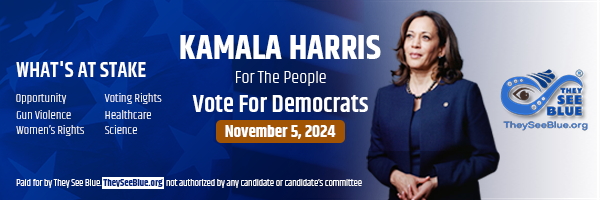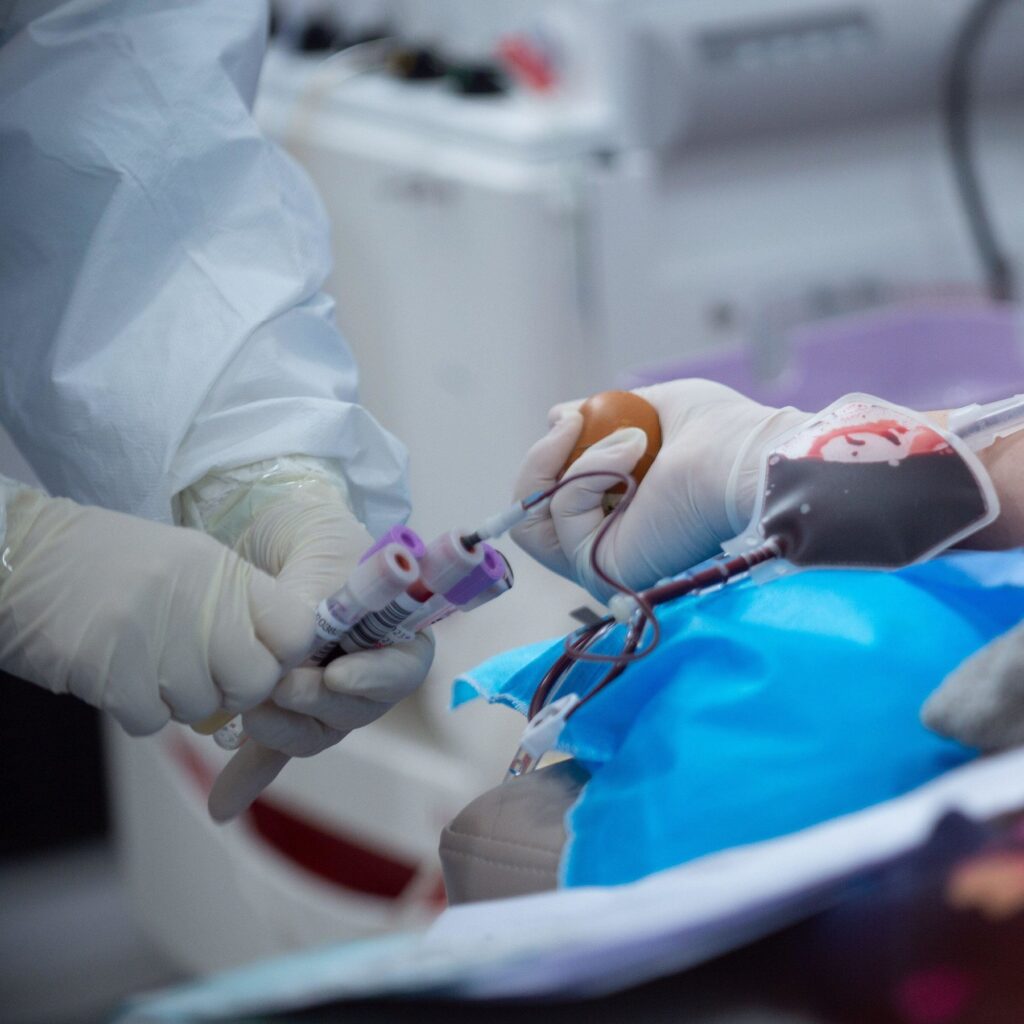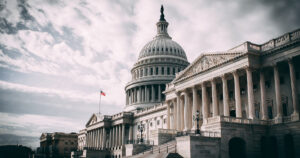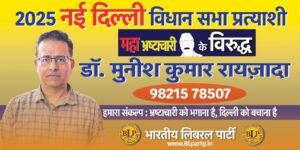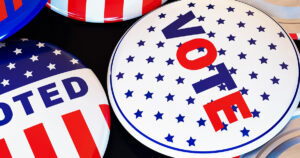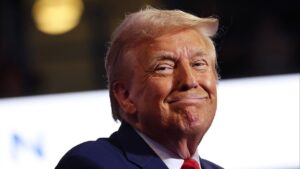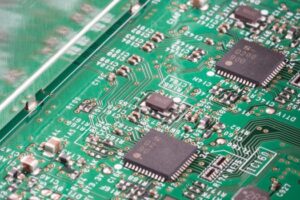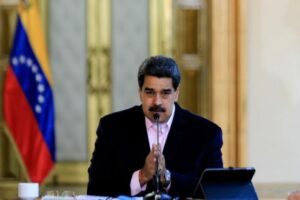NEW DELHI – When Mr Adwitiya Mal’s father-in-law was diagnosed with Covid-19 at a hospital in Delhi, doctors advised plasma therapy, given his worsening condition.
A “roller coaster of emotions” ensued for the family as they began a search for a potential donor. Social media circles as well as networks of friends and relatives were activated.
Two women volunteers came forth but turned out to be ineligible, as they had conceived earlier; women develop antibodies during pregnancy that increase the risk of a rare but potentially fatal transfusion reaction leading to lung damage in the plasma recipient.
Another flatly asked for 30,000 rupees (S$556), but never showed up.
Mr Mal’s family was fortunate: a man who had offered to donate his plasma earlier turned out to be a successful match.
But for many other families in India desperate to lay their hands on anything that can potentially save their loved ones, offering money has become the only way to access blood plasma, which has potential therapeutic benefits.
Prices can range from 20,000 rupees to around 300,000 rupees per donation, with a higher premium for rarer blood groups.
In plasma therapy, a patient who has recovered from and has antibodies against Covid-19 provides blood plasma. This is then administered to a patient with the same blood group to help speed his recovery from the disease.
Nearly two-thirds of India’s current tally of 1,003,832 cases have recovered, but a lack of willing donors and a late start to set up authorised plasma banking centres has led to a flourishing black market for this “liquid gold”.
Mr Akhil Ennamsetty, a lawyer from Warangal in Telangana who has donated plasma twice, set up an online group last month to help connect plasma donors and seekers, a role that has exposed him to several middlemen representing families.
“They offer to pay money for any potential donor. The amount varies based on various factors like demand and rareness of a particular blood group,” he told The Straits Times. “Many genuine donors I have been touch with have also said they are getting direct calls from these middlemen.”
This off-the-grid market exists in spite of existing legal provisions in India that proscribe such practices. A 1996 order from the Supreme Court outlawed paid donors and unlicensed blood banks. The National Blood Policy, drafted in 2007, also prohibits the sale and trade of blood.
The use of plasma therapy to treat Covid-19 patients remains in the trial stage, but the hype generated around it has created a mad scramble for the product whose demand has far outstripped supply.
Dr Anant Bhan, a bioethics researcher, took to Twitter on Thursday (July 16) to say reports of black marketing of plasma are “unfortunate but not surprising”.
“The whole plasma therapy hype was lining up for this outcome,” he added.
Dhoond, an online initiative that Mr Mal co-founded in June to link donors and recipients, currently has a database of around 300 donors. But it has 10 seekers for every one donor on its platform.
Mr Mal attributed this dearth to the fact that many of those who recover from Covid-19 are too weak to step out and donate. “Not only are they weak physically, they are also traumatised mentally. They have come back from the jaws of death and are being asked to again return to a potentially high-risk area, i.e. a hospital, to donate,” he told ST.
Potential healthy donors can donate plasma after 14 days of recovery if they do not show any symptoms of Covid-19 and if they have the required level of antibodies. “There are some who also believe that they would rather save their antibodies for a family member than someone unknown,” added Mr Mal.
Dhoond has blacklisted two donors so far for asking money from recipient families.
Since the country’s first plasma bank came up in Delhi on July 2, various state governments have set up similar banks to regulate donation of blood plasma.
The Delhi government opened its second plasma bank on Tuesday at the Lok Nayak Jai Prakash Narayan Hospital, which is the city’s biggest government facility dedicated to Covid-19 patients.
Dr Suresh Kumar, the medical director of the hospital, said it managed to draw in 11 donors in its first two days of operation. “If we contact 10 patients, one or two are ready to donate,” he told ST.
“People have the misconception that donating plasma can cause injury or weakness,” Dr Kumar added.
The hospital now plans to reach out to paramilitary and police personnel who have recovered at the hospital to encourage them to donate plasma. Various governments have also sought to incentivise plasma donation by arranging transport for donors, and the Delhi Chief Minister, Mr Arvind Kejriwal, has even personally telephoned to thank some of them.
A petition was filed this month in the Delhi High Court seeking the creation of a statutory body to ensure the smooth availability of plasma at various hospitals and making it mandatory for hospitals to obtain plasma from their patients who recover subsequently.



